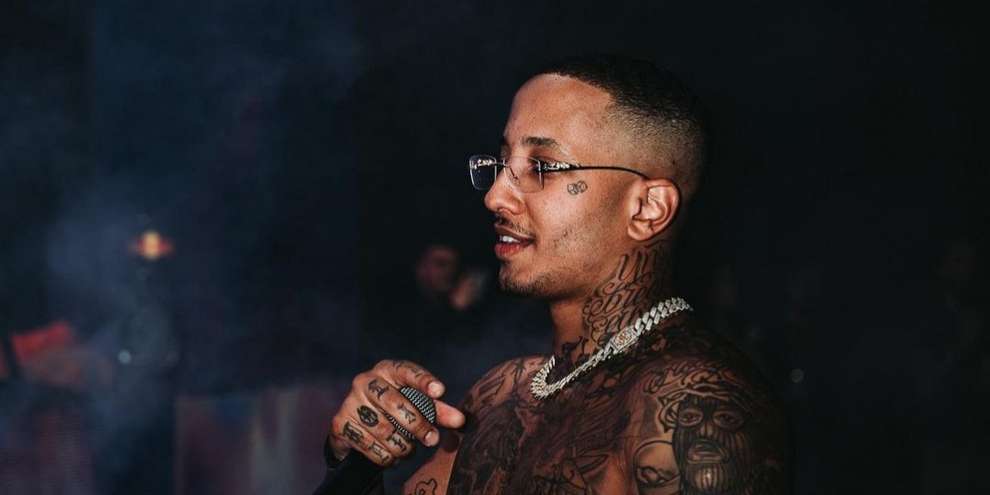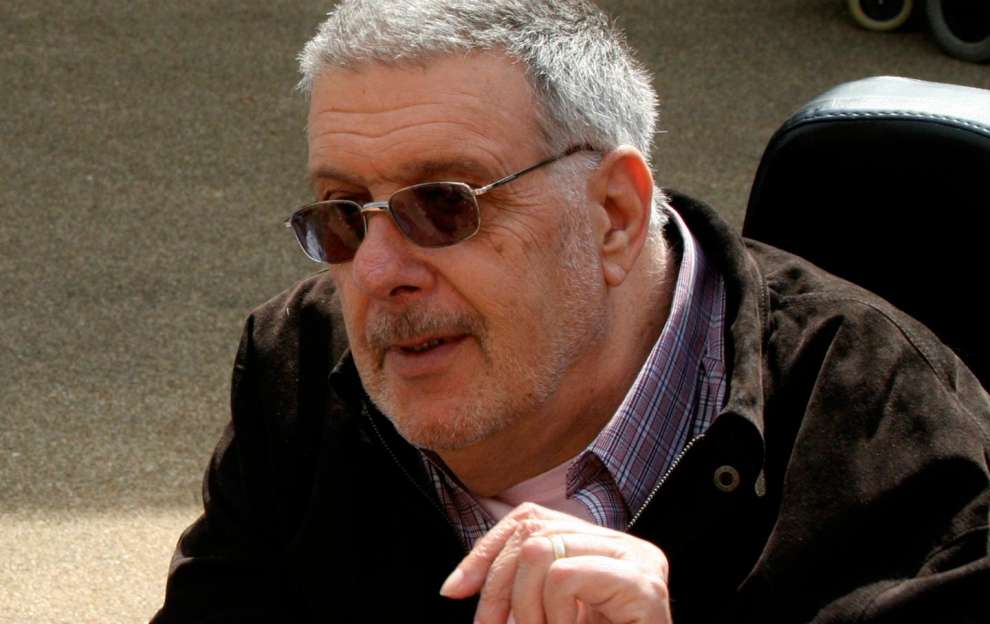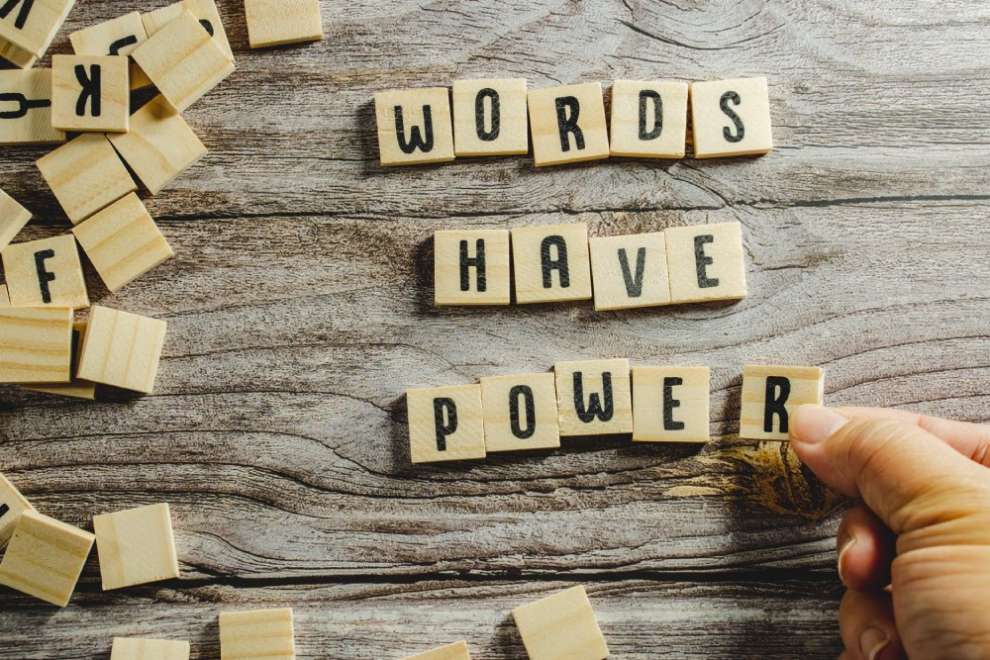The power of words: public language and disablism
How much harm can a song really cause?
A huge uproar has broken out in Greece in recent days due to the lyrics of an unreleased song. The famous rapper Light, in his track “Polo”, among other things, mentions:
She goes to a special school
We arrive retarded, but she waits for me
She eats my d*** like a retard
She’s deprived, desperate

Greek trapper Light (www.iefimerida.gr)
The reaction from the National Confederation of Disabled People was immediate. In a statement released on May 2, 2025, they emphasize: “If an artist with such influence on young people resorts to lyrics that exude disablism and sexism, that encourage violence, and perpetuate extreme hate speech, because he doesn’t understand their content – it’s unfortunate. But if he does it consciously, for the views and money, then it’s a disgrace to humanity.”
Minister of State Akis Skertsos also took a stance with a social media post, noting: "Words have power, and they can either heal or deeply wound already traumatized and vulnerable people. Unfortunately, the recent song by rapper 'Light' belongs to the latter category, as it contains unacceptable and offensive lyrics against people with disabilities."
These controversial lyrics present a good opportunity to discuss the phenomenon of disablism. The term appeared in the late 20th century as part of the Disability Rights Movement. It describes the prejudices and discrimination faced by people with disabilities, leading to exclusion, inequality, and reduced opportunities.
In his seminal book "The Politics of Disablement" (1990), the pioneering British sociologist and activist Mike Oliver (1945-2019) contributed to shifting the focus from the medical treatment of disability to a social perspective. He pointed out that disability is a material product of socioeconomic relationships that develop in a specific historical and social context. Thus, disability began to be seen not as a personal tragedy but as a consequence of the boundaries set by society, which excludes and marginalizes people with disabilities.

British sociologist and activist Mike Oliver (www.thenation.com)
Looking at Light's lyrics through this lens, the issue becomes very serious. An artist with such influence, especially on children and young people, contributes to shaping and perpetuating attitudes and perceptions. Words play a decisive role in the formation and reproduction of disablism, as they reflect and reinforce social prejudices against people with disabilities. All of us, especially those with access to public discourse, must be responsible in our use of language and show empathy toward vulnerable groups.
As a result of the backlash, Light publicly apologized and committed to changing the lyrics of the song. “All the responsibility for this lyric, which offended and hurt so many people, is absolutely and solely mine. I take full responsibility. I said b******.”
Alright. We don’t need to say more. Let’s end with a quote from the beloved author of the “Harry Potter” series, J.K. Rowling:
“The power of words is such that they can create a world or destroy a life.”


 English
English
 Ελληνικά
Ελληνικά Русский
Русский
 Original Article Posted by
Eliza Neofytou
Original Article Posted by
Eliza Neofytou






